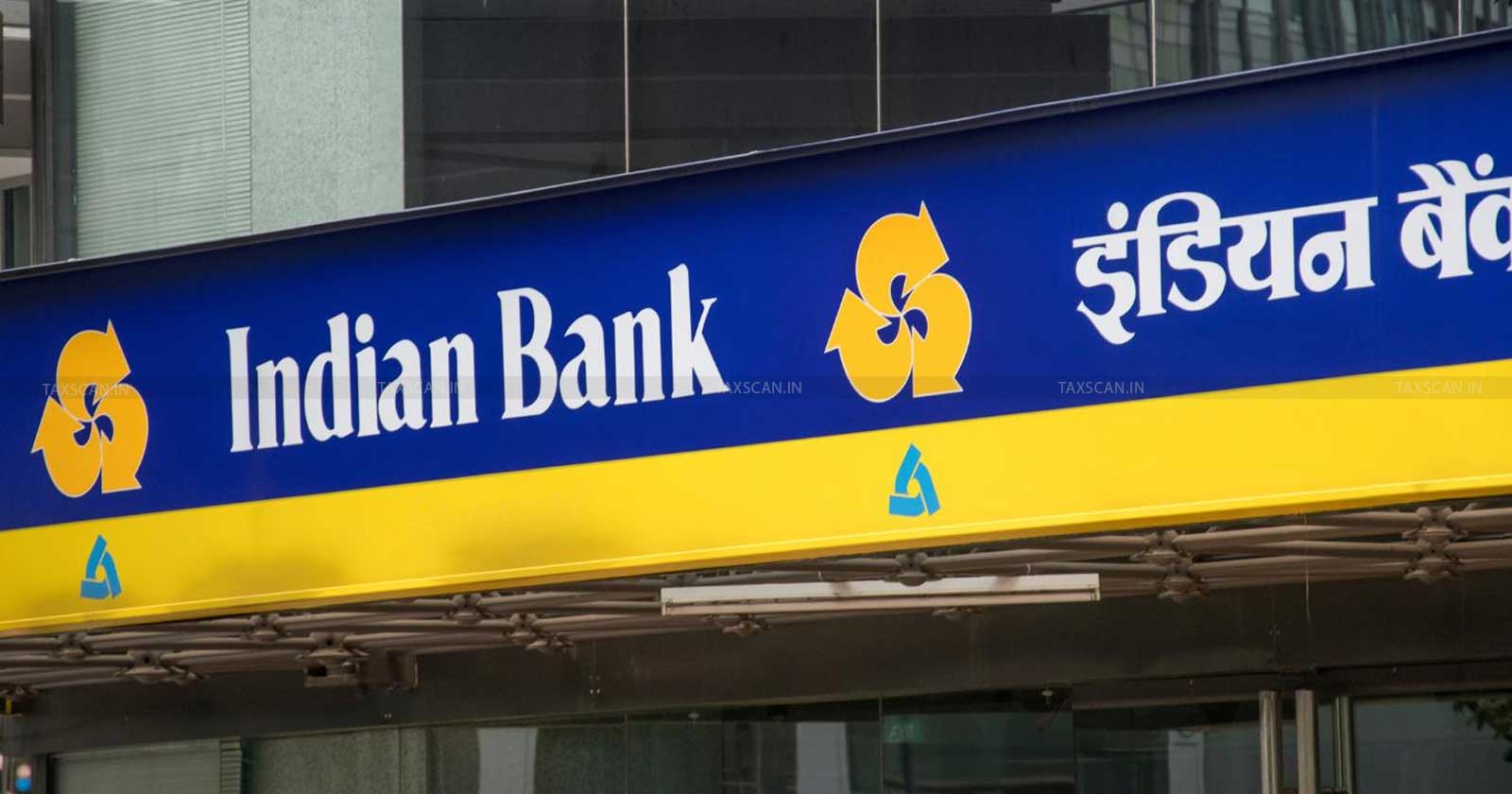Relief to Central Bank of India: DRAT upholds forfeiture of earnest money under SARFAESI Rules [Read Order]
The DRAT concluded that the forfeiture was validly exercised under the SARFAESI framework.
![Relief to Central Bank of India: DRAT upholds forfeiture of earnest money under SARFAESI Rules [Read Order] Relief to Central Bank of India: DRAT upholds forfeiture of earnest money under SARFAESI Rules [Read Order]](https://images.taxscan.in/h-upload/2025/10/03/2093464-central-bank-of-india-drat-forfeiture-sarfaesi-rules-taxscan.webp)
In a ruling in favour of Central Bank of India, the Chennai bench of the Debt Recovery Appellate Tribunal (DRAT) upheld the forfeiture of earnest money in favor of Central Bank of India, affirming the bank's action under Rule 9(5) of SARFAESI Rules and rejecting the applicability of the Indian Contract Act, 1872.
The tribunal viewed that the SARFAESI Act, being special legislation, overrides general contract law regarding forfeiture of earnest money deposits, and the appellant (son of borrowers) having defaulted on balance payments twice despite warnings, was not entitled to refund of the 25% deposits.
Mr. Kamal, the appellant and son of borrowers/guarantors, participated in two SARFAESI auction sales (12.09.2017 and 20.01.2018) for a property mortgaged by his parents (Respondents 3 & 4) to M/s Krishna Constructions (R2). He was declared highest bidder both times, depositing ₹30 lakhs and ₹12.72 lakhs (25% of sale consideration) respectively. However, he failed to pay the balance sale consideration on either occasion despite multiple extensions and clear warnings of forfeiture. The property was eventually sold to a third party on 29.05.2018. Kamal challenged the forfeiture through SA 59/2018, which was dismissed by DRT-I Chennai, leading to the current appeal RA(SA) 122/2019.
 Also Read:Relief to Indian Bank: DRAT Dismisses Securitization Application in absence of Evidence to indicate illegality of order passed u/s 14 of SARFAESI Act [Read Order]
Also Read:Relief to Indian Bank: DRAT Dismisses Securitization Application in absence of Evidence to indicate illegality of order passed u/s 14 of SARFAESI Act [Read Order]
Counsel for Kamal argued that as he had paid substantial amounts toward loan dues, the forfeiture was illegal and sought refund. Central Bank (R1) opposed this, citing the Supreme Court's judgment in Authorized Officer, Central Bank of India Vs. Shanmugavelu (Civil Appeal Nos. 235-236/2024), which established that earnest money deposits under SARFAESI Rules cannot be refunded upon default. The bank highlighted Kamal's role in thwarting recovery efforts and his parents' parallel litigation (SA 32/2017, SA 58/2017, WP 15995/2017) to delay proceedings.
The DRAT, per Justice G. Chandrasekharan observed that the loan default, NPA classification, and SARFAESI proceedings were undisputed. Kamal's participation as successful bidder and subsequent defaults on balance payments were established.
Rule 9(5) of the Security Interest (Enforcement) Rules, 2002, explicitly empowers the Authorized Officer to forfeit the 25% deposit if the balance is not paid within the stipulated time. This statutory provision operates independently of the Indian Contract Act, 1872.
The SARFAESI Act is a special enactment with overriding effect over general laws like the Contract Act (Sections 35 & 37). The legislature consciously provided for forfeiture under Rule 9(5) to ensure timely debt recovery, a core objective of the SARFAESI Act. Applying Sections 73 & 74 of the Contract Act would undermine this objective and allow misuse of the auction process.
Know How to Prepare Estimation and Viability for Project Reports? Know more Click here
Relying on Supreme Court precedents in Fateh Chand v. Balkishan Dass, Maula Bux v. Union of India, Satish Batra v. Sudhir Rawal, the DRAT held that forfeiture of a genuine earnest money deposit as distinct from a penalty or part-payment is not governed by Section 74 of the Contract Act. Rule 9(5) forfeiture is a statutory consequence, not a contractual penalty.
The tribunal rejected the argument that Rule 9(5) should be "read down" to mitigate its harshness. Harshness alone is not grounds for reading down a valid, unambiguous statutory provision designed to prevent abuse of the auction process and ensure recovery efficiency.
It was found that the bank acted lawfully, providing clear warnings (letters dated 12.09.2017, 20.01.2018, 05.02.2018, 14.02.2018) about the consequences of non-payment and granting extensions.
“The Sale Notice has terms and conditions with regard to forfeiture of EMD i.e. 25% of sale price, in case the balance is not paid within the time stipulated. Therefore, this Tribunal finds that the Appellant has not made out any ground for setting aside the sale and for setting aside the forfeiture of 25% of sale consideration”,the bench observed.
The DRAT concluded that the forfeiture was validly exercised under the SARFAESI framework. The applicant failed to demonstrate any legal ground to set aside the forfeiture or the subsequent sale. The tribunal affirmed the DRT-I Chennai's order, dismissing the appeal.
Support our journalism by subscribing to Taxscan premium. Follow us on Telegram for quick updates


